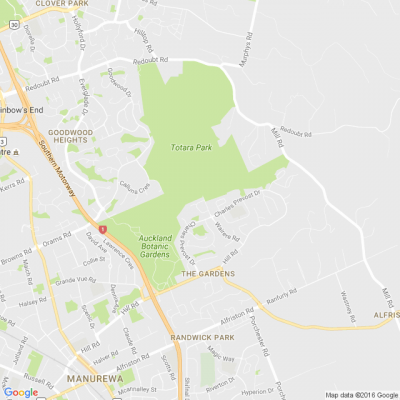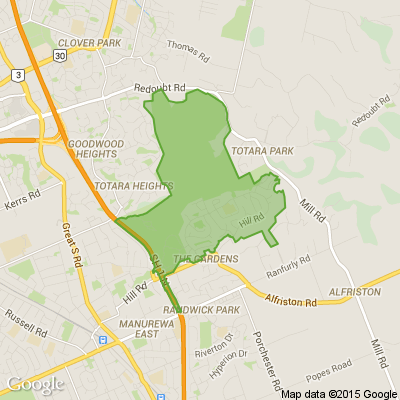Fraud Awareness Week
This Fraud Awareness Week we are encouraging Kiwis to take a moment to stop and think ‘is this for real?’ when contacted unexpectedly and asked for personal info.
New Zealand Police's Financial Intelligence Unit estimates New Zealanders lose $20-30 million annually to scams.
HOW TO AVOID A SCAM:
+ A genuine bank or organisation will never contact you to ask for your PIN, password or to move money to another account.
+ Never click on a link in an unexpected email or text – you could be giving access to your personal and financial details.
+ Always question uninvited approaches in case it is a scam. Instead, contact the company directly using a known email or phone number.
+ Don’t assume an email or phone call is authentic – just because someone knows your basic details (name and address, or mother’s maiden name) it doesn’t mean they are genuine.
+ Don’t be rushed into making a decision or financial transaction on the spot – a genuine bank or trusted organisation would never do this.
+ Listen to your instincts – if something feels wrong then it generally is.
If you believe you are the victim of a scam you can contact Police and report the matter via 105.
For more info on how you can prevent yourself, family and friends from being scammed, visit:

Calling All Puzzle Masters! Can You Solve This?
When John was six years old he hammered a nail into his favorite tree to mark his height.
Ten years later at age sixteen, John returned to see how much higher the nail was.
If the tree grew by five centimetres each year, how much higher would the nail be?
Do you think you know the answer to our daily riddle? Don't spoil it for your neighbours! Simply 'Like' this post and we'll post the answer in the comments below at 2pm.
Want to stop seeing riddles in your newsfeed?
Head here and hover on the Following button on the top right of the page (and it will show Unfollow) and then click it. If it is giving you the option to Follow, then you've successfully unfollowed the Riddles page.

Win this brand new home!
Experience the perfect blend of country charm and city convenience in Clarks Beach, Auckland!
For just $15 a ticket, you could win this brand-new, fully furnished Jennian home, valued at over $1 million.
This home offers three bedrooms, spacious kitchen and living areas, and a double garage.
Whether you decide to make it your dream home, a holiday retreat, a rental property or simply sell it, it’s still a life-changing prize.
Don’t wait—get your tickets today at heartlottery.org.nz.

What's your favourite recipe for courgettes?
Kia ora neighbours. If you've got a family recipe for courgettes, we'd love to see it and maybe publish it in our magazine. Send your recipe to mailbox@nzgardener.co.nz, and if we use it in the mag, you will receive a free copy of our January 2025 issue.








 Loading…
Loading…















